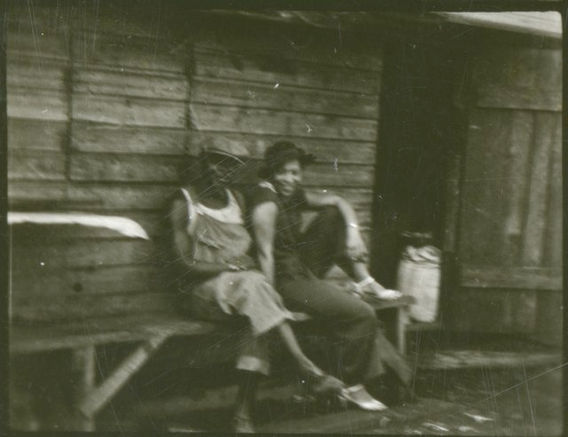Zora Neale Hurston:
A Life in Playwriting
Zora Neale Hurston
Zora Neale Hurston's lasting reputation is that of a writer and playwright, but she was also an accomplished anthropologist and ethnographic researcher. While getting her degree in anthropology at Barnard College, Hurston studied under Franz Boas, a man recognized as the “Father of Modern Anthropology” and the “Father of American Anthropology” for his application of the scientific method to anthropological processes. His assertion of the importance of research within specific communities in anthropological work is evident in Hurston’s own anthropology career. She received the Carter Woodson Association Fellowship in 1927 and traveled to Florida to research Black communities there. Through the rest of the late 1920s to mid-1930s, Hurston embarked on several anthropological and ethnographic research expeditions to places such as Polk County and Belle Glade, Florida, New Orleans, and the Bahamas. Hurston was awarded another fellowship in 1936, the Guggenheim Fellowship, and conducted research in Jamaica on Obeah. Her fellowship was extended and she continued her research of the Caribbean in Haiti. In 1938, Hurston was hired by the Federal Writers’ Project to travel to Florida and record African-American culture and folklore in those communities. The following year, she worked with the Library of Congress and the Works Progress Administration to collect folk songs from rural, Black communities in Florida. This is one of her most documented and well-preserved research projects, and much of it is available today through the Library of Congress. After fieldwork with anthropologist Jane Belo in 1938, Hurston was hired by her in 1940 to direct an anthropological and ethnographic project in Beaufort, South Carolina. Hurston’s final expedition before her passing was in 1947 when she traveled to Puerto Cortés, Honduras to research the experiences of Black people in Central America.











